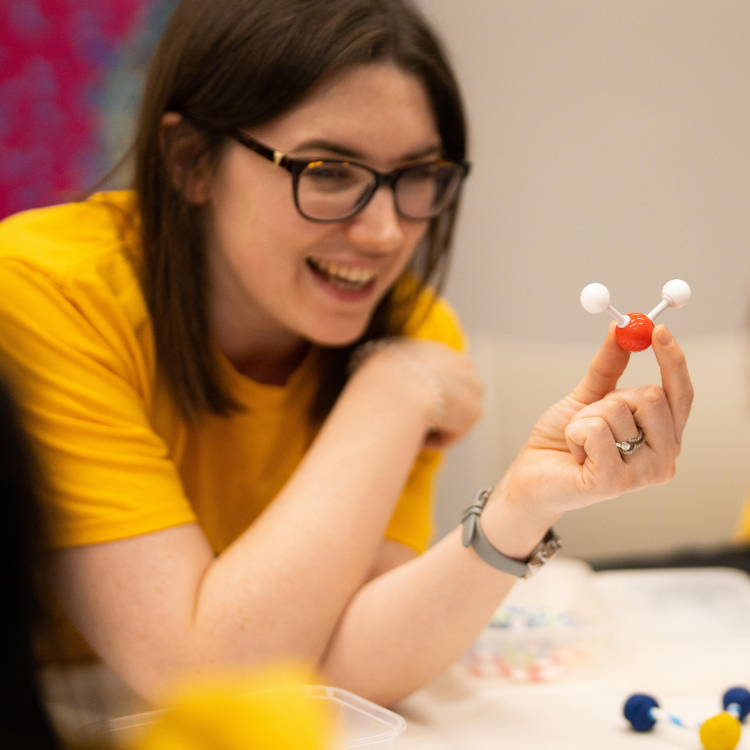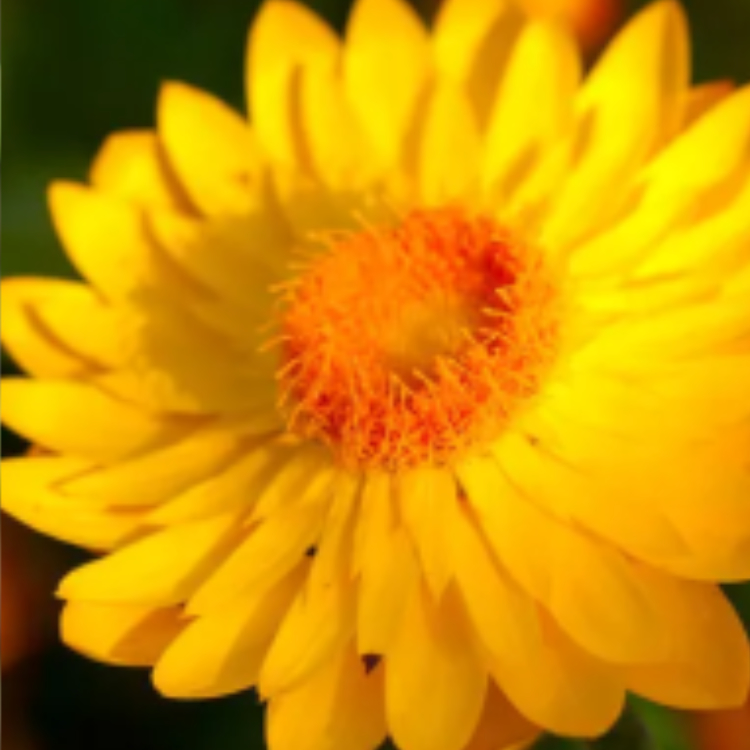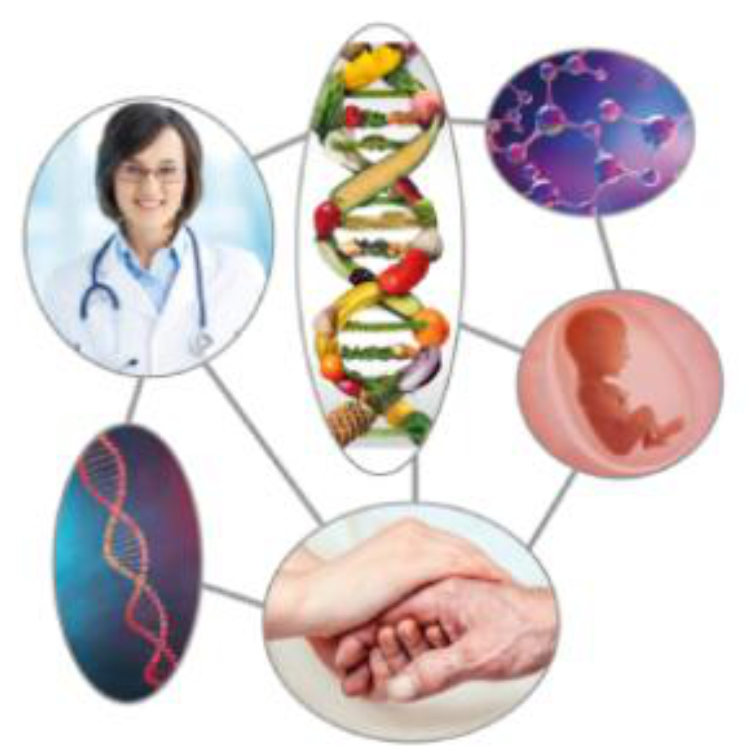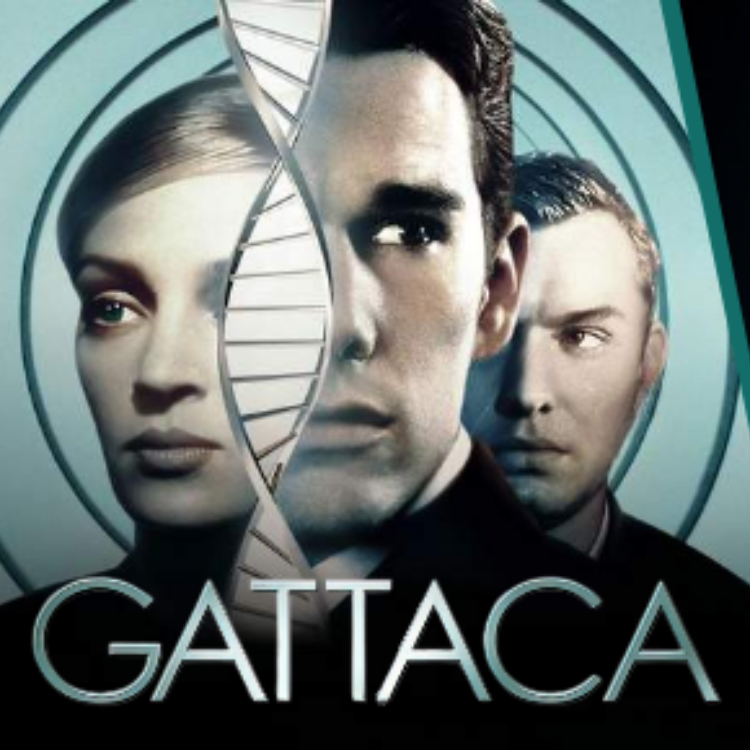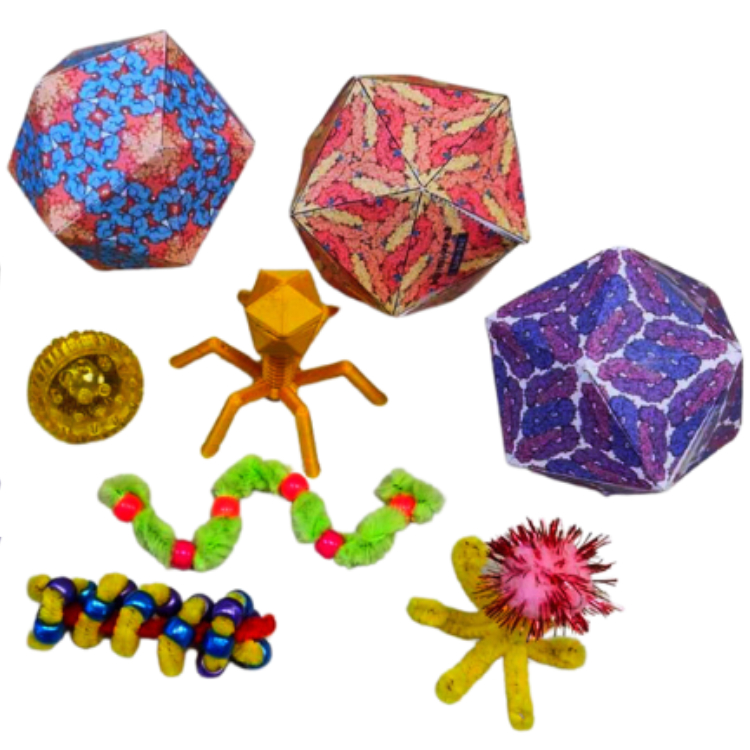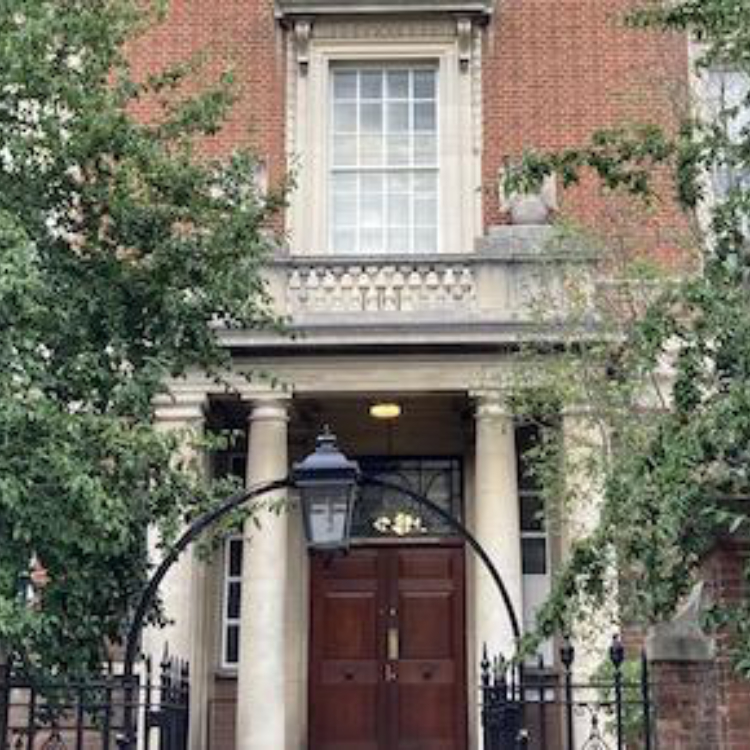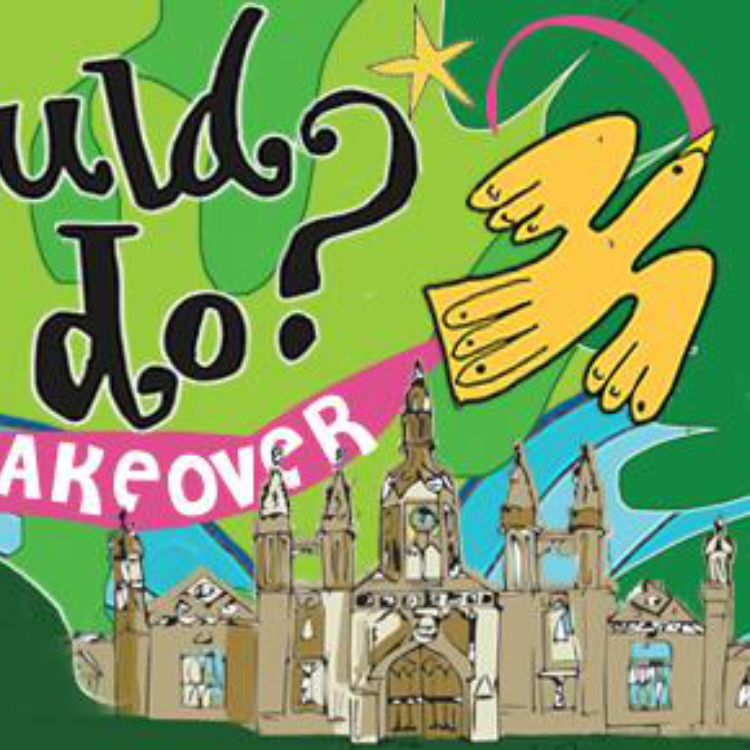
Submitted by Vicky Yee K Reid on Thu, 15/02/2024 - 09:08
The Cambridge Festival runs from 14th-28th March with an eclectic mixture of over 350 events and activities. Take a look at our top picks from this year’s festival.
The interdisciplinary Cambridge Festival will take place from 14-28 March 2024 with a mixture of online, on-demand and in-person events covering all aspects of the world-leading research happening at Cambridge. The festival includes an eclectic mixture of over 350 events and activities: from panel discussions, film premieres, and self-guided walking tours, to interactive activities for the whole family. Topics cover the breadth of Cambridge research and will be presented across the Festival’s themes: Society, Health, Environment and Discovery.
Our top picks from the Cambridge Science Festival 2024:
West Cambridge Family Weekend at the Department of Chemical Engineering and Biotechnology10:00am-2:00pm on Saturday 16 MarchDepartment of Chemical Engineering and Biotechnology, Philippa Fawcett Drive, CB3 0AS
Age: All Ages
Cost: Free
Join the Department of Chemical Engineering and Biotechnology for a variety of family-friendly activities, from making solar cells from berries to building nanostructures with DNA Lego and more! |
|
Moving without muscles: Plants as mechanical engineers10:30am-12:00pm on Saturday 16 March1:30pm-3:00pm on Saturday 16 MarchSainsbury Laboratory, 47 Bateman Street, CB2 1LR
Age: Adults, Young Adults 12 – 18
Cost: Free
Registration Required
Plants do not have muscles, but they are great architects that can engineer a variety of structures for fast movement and growth. These abilities are fascinating and an inspiration for modern engineering and materials development. Join us to explore plant biomechanics. |
|
Bioethics: Are biologists opening Pandora’s box?6:00pm-7:15pm on Thursday 21 MarchQueen's Lecture Theatre, Emmanuel College, St Andrews Street, CB2 3AP
Age: All Ages
Cost: Free
Registration Required
The Faraday Institute for Science and Religion invites you to a fascinating talk on the entanglements of bioethics. The talk will be followed by a Q&A session. A free drinks reception will also be held after the event. |
|
The Sci Fi and Sci Fact of Embryo Editing5:20pm-10:30pm on Friday 22 MarchCambridge Arts Picturehouse, 38-39 St. Andrews Street, CB2 3AR
Age: Adults
Cost: £10 students, £15 adults
Registration Required
Join the Cambridge Arts Picturehouse for a double bill screening of the award winning documentary 'Human Nature' and the cult sci-fi blockbuster 'Gattaca'. The screenings will be followed by a chance to talk things over in the Picturehouse Bar with Cambridge researchers and healthcare professionals who are working in this area today. |
|
Family Weekend at the Department of Pathology10:00am-4:00pm on Saturday 23 MarchDepartment of Pathology, Tennis Court Road, CB2 1QP
Age: Adults, All Ages, Children under 12, Young Adults 12 – 18
Cost: Free
Join the Department of Pathology for a variety of family-friendly activities, from improving vaccines to growing your own protein crystals and more! |
|
Animal encounters: The past, present and future of biochemistry2:00pm-3:30pm on Saturday 23 MarchThomas Lecture Theatre, Sanger Building, Tennis Court Road, CB2 1GA
Age: Adults, Young Adults 12 – 18
Cost: Free
Registration Required
The Department of Biochemistry presents a series of short talks charting the past, present and future of applications of biochemistry to problems in human health. |
|
What Would Nature Do? An Imaginarium Takeover At King’s10:00am-4:00pm on Saturday 23 March11:00am-4:00pm on Sunday 24 MarchKing's College, Front Lawns, King's Parade, CB2 1ST
Age: All Ages, Children under 12, Young Adults 12 – 18
Cost: Free
Join the Imaginarium Takeover for a weekend of stories, ideas, creativity and hands-on activities as we ask “What Would Nature Do?” to build a greener, fairer and more connected future together. |
Explore the full Festival programme here.
Author Information
Image Credits
Cambridge Festival, University of Cambridge; West Hub, University of Cambridge; Sainsbury Laboratory, University of Cambridge; The Faraday Institute for Science and Religion, University of Cambridge; Sony Pictures Releasing, Netflix; Department of Pathology, University of Cambridge; Hilary Cox Condron, Cambridge Carbon Footprint.


